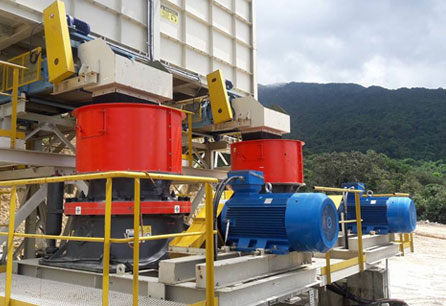An Effluent Flotation Plant is a water treatment system designed to remove suspended solids, oils, fats, and other contaminants from industrial or municipal wastewater using dissolved air flotation (DAF) or other flotation techniques. These plants are commonly used in industries such as food processing, oil refineries, chemical plants, and pulp & paper mills.
Key Components of an Effluent Flotation Plant:
1. Influent Tank – Collects raw effluent before treatment.
2. Chemical Dosing System – Adds coagulants (e.g., aluminum sulfate, ferric chloride) or flocculants (polymers) to help particles clump together.
3. Mixing/Flocculation Chamber – Ensures proper contact between chemicals and contaminants.
4. Dissolved Air Flotation (DAF) Unit – The core component where:
– Air is dissolved under pressure in water and released as microbubbles.
– Bubbles attach to suspended particles, causing them to float to the surface.
5. Skimmer Mechanism – Removes floated sludge (scum) from the surface.
6. Clarified Effluent Outlet – Discharges treated water for further filtration or discharge.
7. Sludge Handling System – Collects and dewaters sludge for disposal or reuse.
Types of Flotation Systems:
- Dissolved Air Flotation (DAF) – Most common; uses pressurized air-saturated water.
- Induced Air Flotation (IAF) – Uses mechanical agitation to introduce air bubbles.
- Electroflotation – Uses electrolysis to generate bubbles.

Applications:
✔ Oil & grease removal
✔ Slaughterhouse & food processing wastewater
✔ Petrochemical & refinery effluents
✔ Pulp & paper mill discharges
✔ Textile industry wastewater
Advantages:
✅ High removal efficiency (~90-99% for oils/solids)
✅ Compact design compared to sedimentation tanks
✅ Fast treatment time (~15-30 minutes retention)
✅ Effective for light particles that don’t settle easily 
Would you like details on design considerations, operational challenges, or specific industry applications?





Leave a Reply